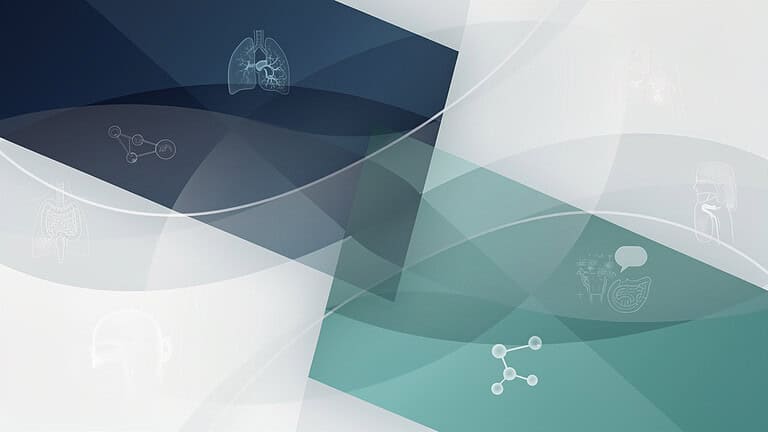Key Topics for the AMC Exam
Preparing for the Australian Medical Council (AMC) exam requires a comprehensive understanding of clinical scenarios and competencies. To excel in this assessment, candidates should focus on a variety of key topics across different medical disciplines.
Clinical Knowledge Areas
General Medicine
Candidates should familiarize themselves with common presentations, including chest pain, abdominal pain, headaches, and shortness of breath. Additionally, chronic conditions such as diabetes, hypertension, asthma, and chronic kidney disease, along with the management of infectious diseases and sepsis, are crucial areas of focus.
Paediatrics
Important emergency scenarios like febrile seizures, dehydration, and respiratory distress in children should be understood. Routine assessments for neonates and pediatric patients are also vital.
Obstetrics and Gynaecology
Key topics include antenatal care, family planning, and contraception counseling, as well as the management of pregnancy complications such as pre-eclampsia and gestational diabetes.
Surgery
Candidates must be aware of trauma management, post-operative complications, and focused examinations for surgical conditions to perform effectively in clinical settings.
Psychiatry
Understanding common mental health issues, including depression, anxiety, and psychotic disorders, is essential, along with the ability to conduct risk assessments and counseling.
Ethics and Communication
Effective communication strategies, particularly in delivering bad news using the SPIKES protocol and addressing patient concerns, are necessary skills for medical practitioners.
Clinical Skills and Procedures
Key clinical skills include history taking, using frameworks such as SOCRATES and SADMACHOT for adults and BINDSMACHOT for children. Systematic approaches in physical examinations, knowledge of emergency management protocols (like DRSABCD), and the selection and interpretation of diagnostic tests are similarly critical.
Management Strategies
A well-rounded approach to pharmacological and non-pharmacological management is essential. Candidates should be prepared to offer lifestyle modification strategies and referrals to ancillary services when necessary.
High-Yield Case Scenarios
Finally, familiarity with high-yield case scenarios, ranging from counseling for chronic conditions to managing emergency cases like myocardial infarction and sepsis, will substantially enhance exam readiness.
By focusing on these areas and consistently practicing clinical skills, candidates can build confidence and proficiency for the AMC exam.


